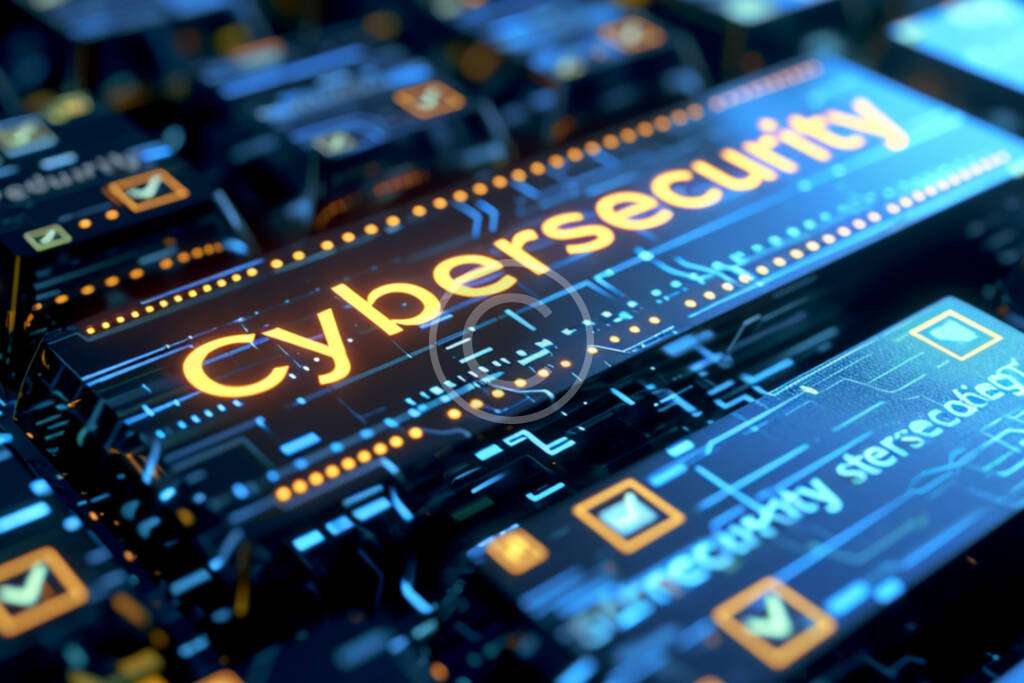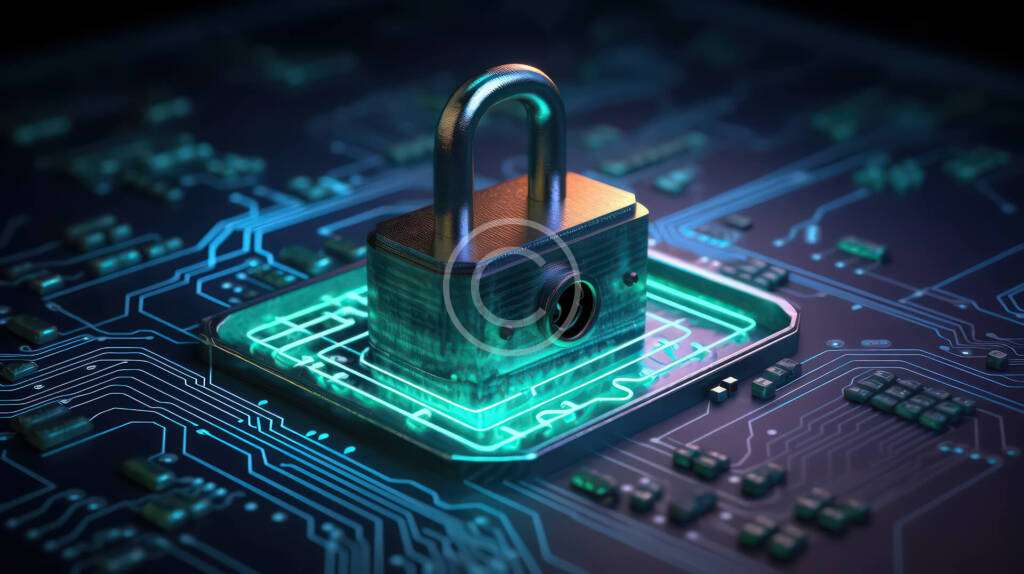At its core, cybersecurity is the practice of protecting systems, networks, and programs from digital attacks. These attacks are usually aimed at accessing, changing, or destroying sensitive information; extorting money from users; or interrupting normal business processes.
Think of your data—your photos, your bank balance, your work documents—as a precious treasure. Your computer, phone, and network are the castle. Cybersecurity is the entire security apparatus: the walls, the moat, the guards, and the secret passages (encryption!) designed to keep the bad guys out.
In the cybersecurity world, we often talk about the CIA Triad. No, not the government agency, but three fundamental principles that guide all our defense strategies:
Confidentiality
This means preventing unauthorized people from accessing sensitive information.
-
How we achieve it: Encryption (scrambling data so only the right key can read it) and strong access controls (like complex passwords and two-factor authentication).
-
Example: Your password-protected email inbox ensures only you can read your messages.
Integrity
This is about ensuring data is accurate and trustworthy and hasn’t been tampered with or corrupted.
-
How we achieve it: Checksums and hashing (digital fingerprints to check if data has changed) and strict permissions on who can modify data.
-
Example: When you transfer money online, integrity ensures the amount debited is exactly the amount credited, with no sneaky changes in between.

Availability
This ensures that authorized users can reliably access the systems and data when needed.
-
How we achieve it: Regular backups, robust disaster recovery plans, and protection against attacks that try to shut down services (like a Denial of Service, or DoS, attack).
-
Example: Your bank’s website being up and running 24/7, even during a power outage or system failure.
Cybersecurity is no longer a ‘set it and forget it’ IT task. It’s a continuous, evolving, and essential function across every sector:
For companies, a breach means far more than a headache. It can lead to:
-
Massive Financial Loss: From regulatory fines (like GDPR) to the cost of incident response.
-
Reputation Damage: Customers lose trust when their data is compromised.
-
Operational Disruption: Systems going down can halt production, sales, and service delivery.
For Individuals: Protecting Your Digital Self
Your role is just as vital! Every time you shop online, use social media, or check your bank account, you’re interacting with secure systems. Your vigilance (using unique passwords, enabling 2FA, being wary of phishing) is the first and most critical line of defense. Remember, the weakest link is often the person clicking the malicious link!
Cybersecurity teams protect things we don’t even think about until they fail: power grids, water treatment plants, hospitals, and national defense systems. Cyber warfare is a real threat, and these specialists are essentially digital first responders protecting society’s vital organs.
The Future is Secure
Cybersecurity isn’t a destination; it’s an ongoing journey. As technology evolves—with the rise of AI, IoT (Internet of Things), and quantum computing—so too will the threats. The role of the cybersecurity specialist is to stay three steps ahead, constantly learning, adapting, and building more resilient digital fortresses.
So, the next time you hear “cybersecurity,” know that it’s more than just code. It’s trust, it’s stability, and it’s the quiet assurance that your digital life remains safe.


